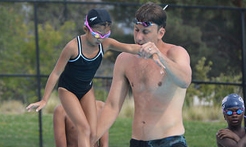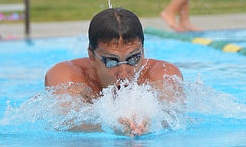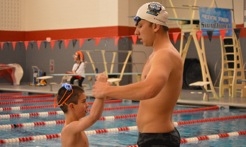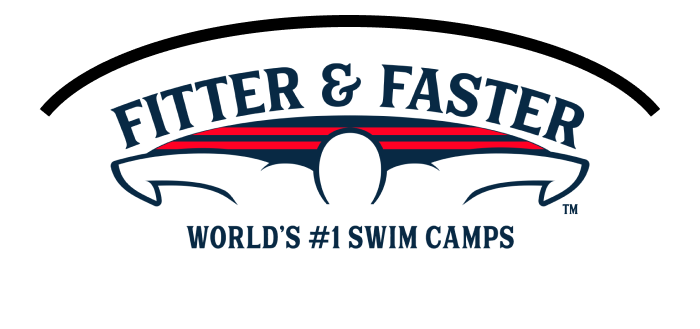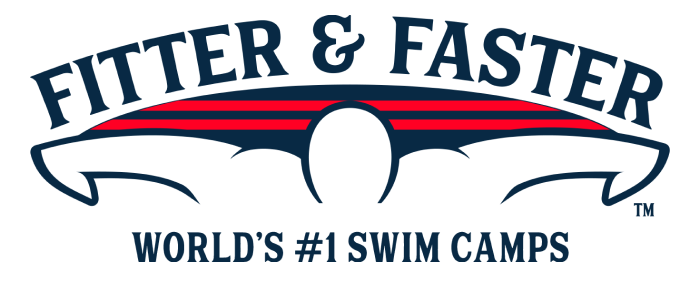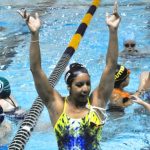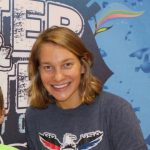Mark Gangloff
Mark Gangloff
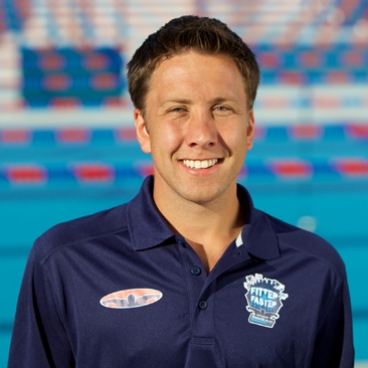
QUICK STATS
- Birthday: June 8th, 1982
- Hometown: Akron, Ohio
- Now Resides: St. Louis, MO
- College: Auburn (B.S., Criminology)
- Height: 6'1"
CAREER HIGHLIGHTS
2010 Pan Pacific Champion (4x100m medley relay)
2010 Pan Pacific Silver Medalist (50m breaststroke) and Bronze Medalist (100m breaststroke)
2009 National Champion- 50m breaststroke and 100m breaststroke
2-time Olympic Medalist (Gold: 4x100m medley relay 2004, 2008)
Three-time Pan American Games Gold Medalist (2003 and 2007)
Pan Am Games record-holder in the 100m breaststroke and 400m medley relay
Gold and Silver Medalist at the World Championships (2005)
NCAA Champion (2004)
13-time NCAA All American
EXPERIENCE
Mark Gangloff may have hung up his goggles after the 2012 Olympic Trials, but this previous world record-holder has never truly left the pool deck. Drawing on decades of experience as an elite athlete, Mark has dedicated himself to developing swimmers to their full potential.
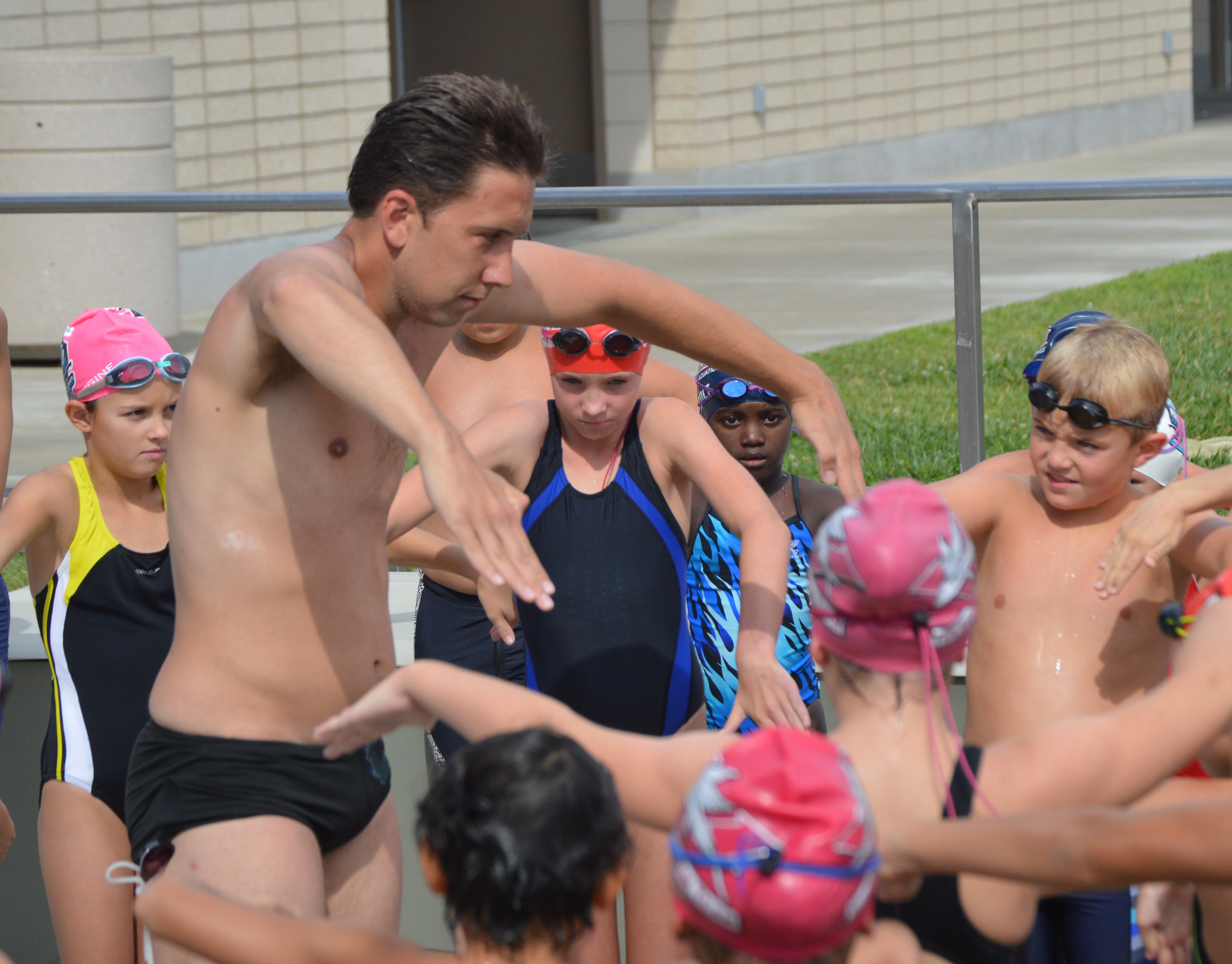
“Swimmers need people who can see their talents and call them out. They also need to be open-minded and willing to try things in a new way,” he says. Many swimmers don’t realize how far they can go in the sport without supportive feedback from an attentive coach.
Mark provides this practical feedback while also giving participants the same goal-chasing inspiration that he experienced at a clinic run by 1994 Olympian, Mike Barrowman. Moved by this Olympic legend’s statement that a future Olympian was in their midst, Mark took hold of these words and believed he was that swimmer. Little did his teammates know that 12-year-old Mark would one day be handing out autographs. (Blog post with Gangloff: Swimming in College: Navigating the Recruiting Process)
From this experience, Mark believes that no swimmer’s dreams are too far-fetched; however, they have to be backed up with attention to detail. The most important piece of advice Mark gives to participants might seem counterintuitive: “They need to slow down!” You may be wondering how slowing down can help you to become a faster swimmer. However, Mark backs this claim, saying that slowing down is helpful to engage the mind with how your body is moving:
“It’s really hard to do a complex movement quickly when you’re first learning. Most developing swimmers just want to race each other rather than work on changing technique. They complain that it ‘feels slower’ or ‘feels funny.’ I remind swimmers to take their time to first learn the proper sequencing and timing, then they can add speed to the proper stroke technique.”
While Mark recognizes that teaching swimmers technical skills is important, he also recognizes that the learning process can be overwhelming at clinics.
“My coaching style is to master a few skills. You can’t overload participants with five or six big skills – they’ll get lost and forget everything. I keep it simple but give them the best foundation to build off of.”
Having experienced every level of the sport himself, Mark is able to break down strokes into easily-understood components that can be taken back to the swimmers’ daily training. “I give swimmers the reason behind why they should be moving a certain way and break down the stroke into different segments before putting it all together,” he says. For example, participants would practice the pull, kick and timing drills to find the proper sequence before swimming full breaststroke.
“I give cues about how far the knees should be apart on the kick, how quickly your hands should move through a portion of the pull, and participants watch me model these skills.”
With some practical, applicable stroke knowledge under his swimmers’ belts, Mark looks to the bigger picture of the purpose behind his clinics: “My hope is that this clinic is an igniting experience for swimmers both emotionally and mentally [in addition to physically].”
Kick your swimming into high gear by signing up for Mark’s next clinic today!
